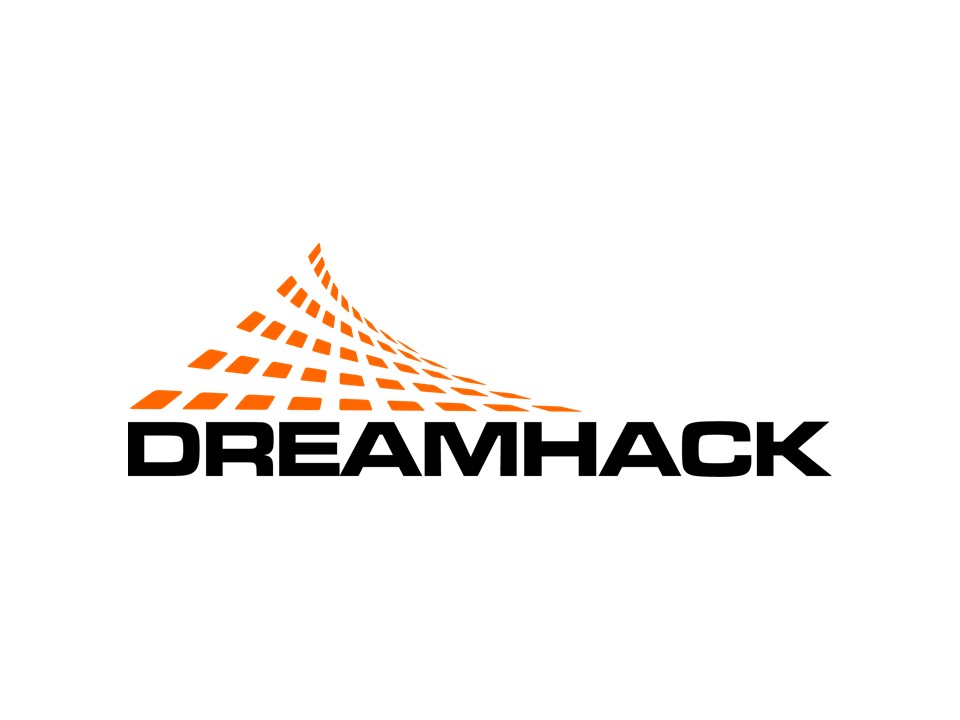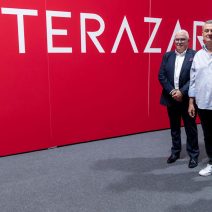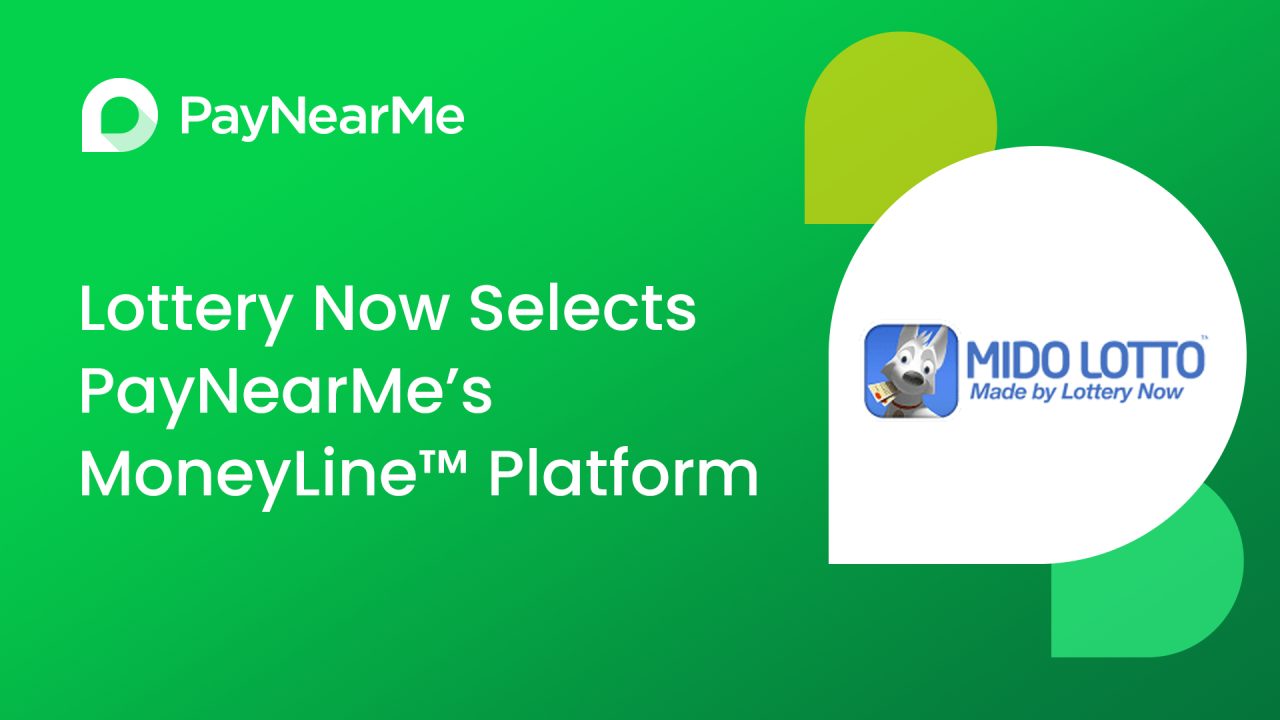
$310,000 Rocket League Major Headlines DreamHack’s First Stop in San Diego
DreamHack San Diego, a three-day gaming lifestyle festival, has announced its expanded slate of programming for the weekend of April 7-9, 2023, at the San Diego Convention Center. The festival’s first-ever stop in San Diego will feature tentpole esports tournaments across the most popular titles, an exclusive screening of The Super Mario Bros. Movie with celebrity guests, an assortment of casual and competitive LAN experiences with nearly $1 million in total prizing, the launch of a brand new charity initiative in partnership with the Autism Society San Diego, and much more.
Rocket League Championship Series Winter Major
The top 16 internationally ranked Rocket League squads will descend upon San Diego for the most exciting major of the season: the Rocket League Championship Series Winter Major. The $310,000 tournament will take place at the RLCS Stage at DreamHack San Diego. DreamHack attendees can secure their spot with an RLCS Seating add on.
Top Brawl Stars, Clash of Clans teams face off in largest-ever Snapdragon Pro Series powered by Samsung Galaxy North American competition
The Snapdragon Pro Series powered by Samsung Galaxy will feature top mobile esports competitors from North America as they compete for $100,000 in total prizing. Fans can watch the live Brawl Stars and Clash of Clans finals at the festival or visit the Snapdragon Pro Series booth to learn more about how to go from competing on their couch to becoming a global champion.
DreamHack San Diego is just one of many Snapdragon Pro Series competitions around the world.
Drop in on a $250,000 Fortnite Tournament open to all BYOC ticket-holders
Fortnite will return to DreamHack’s casual and competitive lineup with the DreamHack Open Featuring Fortnite, a Zero Build competition kicking off at DreamHack San Diego. Available to all BYOC ticket holders, the competition provides an opportunity for attendees of all skill levels to test their mettle and clash for $250,000 in prize money.
DreamHack Magic
DreamHack San Diego hosts Round 2 of the United States Magic: The Gathering Regional Championship. The country’s best players will compete for their share of the $130,000 prize pool and a chance to qualify for The Gathering Pro Tour and the Magic World Championship.
DreamHack Magic also offers competitive and casual formats for players of all types, including:
- An open $10,000 Phyrexia: All Will Be One sealed tournament
- An open $10,000 standard tournament
- Hourly drop-in tournaments
- Open play Commander
- Four and eight-person events throughout each day
Between sets, attendees can visit the Magic Artist Alley, chat with MTG influencers, and teach new players about the classic card game through MagiKids.
Cosplay at DreamHack San Diego
A cornerstone of gaming community and culture, DreamHack San Diego will be a hub for local and national cosplayers. Some of the biggest names in cosplay will tour the festival floor, participate in the $3,000 Cosplay Championships, and walk through their creative process during onsite panels.
DreamHack San Diego will feature dozens of popular cosplayers and content creators, including:
- LoveBunny
- Andrew McLean
- DinoGraveyard
- IvySprings
- & many more to be announced soon
Explore DreamHack’s Expansive Artist Alley and Marketplace
Creatives from around the country will host pop-up shops with gaming and culture-inspired prints, pins, comics, and more at the festival’s Artist Alley. Several artists will be debuting DreamHack-exclusive merchandise only available in San Diego.
The Artist Alley will host over 20 artists, including:
- BizBazClub
- Moonshine Charms
- CuteSewLuna
- N2Apparel
- & many more!
Exclusive The Super Mario Bros. Movie Screening
Watch one of the biggest video game movie releases of the year on one of DreamHack San Diego’s biggest stages. This will be one of the movie’s largest exclusive showings in the U.S., taking place at the Main Stage for all attendees.
Dream Big by DreamHack and Autism Society San Diego
DreamHack San Diego and Autism Society San Diego are teaming up to launch Dream Big, an initiative to raise autism awareness and funds for the non-profit during Autism Acceptance Month. Attendees can use promo code DREAMBIG when purchasing a DreamHack ticket for a 20% discount, with 50% donated directly to Autism Society San Diego.
Celebrity guests are also getting involved, including:
- Anjali Bhimani
- Brent Noll
- Eric Bauza
- Jessica Dicicco
- Jon Allen
- & many more, with additional guests to be announced soon
Guests can get involved at the festival or at home through social media campaigns, fundraising, and on-site events.
DreamHack Fighters
The San Diego fighting game community will have opportunities to connect and compete in 11 titles. Some of the DreamHack San Diego fighting game activities include:
- Brawlhalla Esports – DreamHack San Diego is the year’s first tournament stop for Brawlhalla’s 2023 esports program, with $70,000 in prizing across singles and doubles circuits.
- DreamHack Fighters – DreamHack will host 14 tournaments – including singles and doubles play – across popular fighting game titles. Each tournament game requires a $1 fee to play, with cash prize pools across each competition. Participating titles include:
- Super Smash Bros. Ultimate
- Super Smash Bros. Melee
- Guilty Gear Strive
- Street Fighter V
- Tekken 7
- & more
$40,000 BYOC LAN Tournaments & Freeplay
Competition takes place on and off the stage at DreamHack San Diego, including 10 bring your own controller (BYOC) tournaments across eight titles. Festival goers can compete against fellow festival attendees in Overwatch 2, VALORANT, Rocket League, and more, with nearly $40,000 up for grabs throughout the weekend.
Casual players can either grab a BYOC LAN spot or take part in the largest-ever Freeplay experience at a DreamHack event. Jump on a PC to go head-to-head with other attendees or enjoy couch co-op in the all-new console Freeplay area, which includes over 50 systems to play on.
Dethrone the King of the Hill
Throughout the weekend, DreamHack attendees are invited to climb the Pyramid and dethrone the King of the Hill in Fortnite. Play against attendees and surprise stars head-to-head for a chance to sit atop one of DreamHack San Diego’s biggest stages.
DreamHack’s Largest Arcade Cabinet Library
DreamHack San Diego brings the largest arcade of any DreamHack festival to date, with 50 cabinets and something for everyone to enjoy. Attendees can mull through a library of arcade favorites, including both retro classics like Pac-Man and Galaga, as well as modern mainstays like Dance Dance Revolution – all free to play with general admission.










